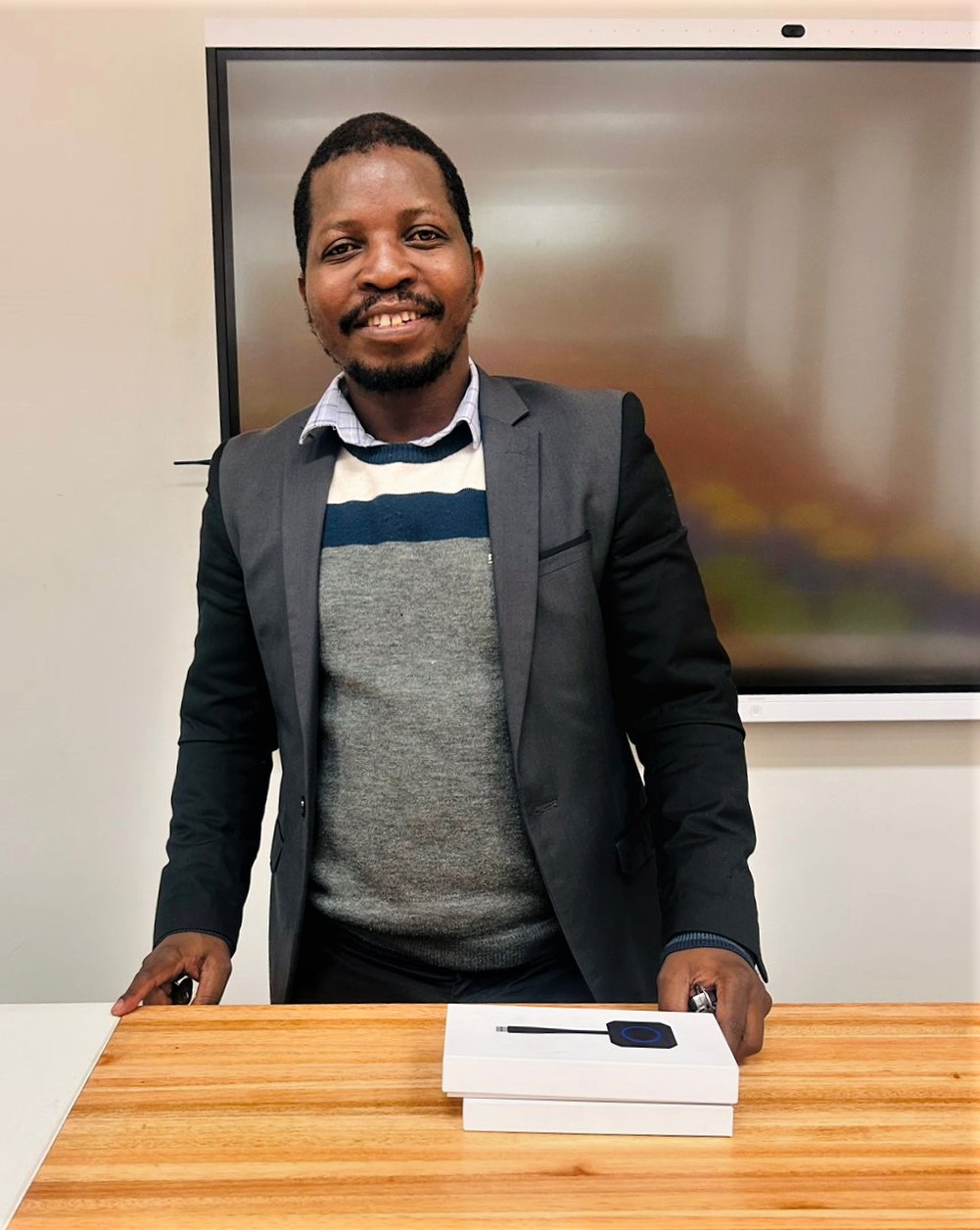OPINION: UNDERSTANDING DECOLONISATION THROUGH THE UNIVERSITY LENS

Israel Kariyana
Continuing Professional Teacher Development
The greatest tool to redress colonial injustice is the educational curriculum. This article presents personal insights that seek to highlight and mitigate injustices through a university decoloniality stance.
It is inevitable, however, that there is variation regarding the justification for and interpretation of decolonisation in the Global North and the Global South. Central to decolonisation, though, is the notion that all knowledge systems and perspectives must be recognised.
Decolonisation involves dismantling the structures that resemble the interests of the architecture of colonialism. It is a process to combat the old guard of an unequal society. However, it does not entail the physical destruction of objects or subjects.
On the contrary, it involves a positive shift in the mental paradigm and instigate action through a demonstrated willpower particularly from the stakeholders that have the power. While politicians have the power to talk, academics in higher education institutions have the power to write about promoting just societies and engage as mouthpieces of the silent voices.
As an art and a science, decolonisation must be pivoted around eliminating tendencies to project and protect racial superiority. It involves undoing the wrongs of the past and is a call for social justice. It is a fight against oppression to free the mind and restore a nation’s indigenous culture. By nature, justice is well-served in a society where collaboration rather than competition thrives. However, the current establishments of universities seem to promote competition.
A good instance is university ranking. Universities are ranked based on (non)prevalence of anticipated features. While ranking is a noble cause, it may be the ranking formula that may be worth revising and emphasis the holistic inclusion of decolonisation as a significant variable. In the broadest sense, decolonisation entails seeding the uprooted identities of the Global Southerners, for which it would take decades of constant and consistent effort to restore such identities.
In Africa, decolonisation of the curriculum was initiated by the student protests at the University of Cape Town in 2015/2016, for which was famously known as the Rhodes Must Fall movement (#RMF), which also degenerated into the Fees Must Fall movement (#FMF) across all HEIs in South Africa. The echoes of the #RMF and the #FMF were not only felt in Africa but attracted global attention. It (re)ignited the demand to decolonise the curriculum with a view of universities to reexamine and reimagine their largely westernised hegemonies. Chains of oppression can be broken when universities are fundamental in calling for and writing about justice. In my view, this entails calls for a systematic shift in curriculum ideologies and methodologies. In the true sense, decolonisation requires the deconstruction of knowledge mixes between the Global North and the Global South.
Decolonisation should be a sustainable process. From a Global South position, I opine that decolonised universities are those institutions that are practically relevant to their communities. Their existence must not be merely of geographical presence but should be patterned along the developmental needs of the society in which they are located and ought to serve. Universities in Africa must be for African development. The wanton accumulation of knowledge which fails to address the challenges which are bringing our communities to despondency are characteristics of mindsets that must be decolonised.
The former statesman, Nelson Mandela, acknowledged the power of language as a vehicle for promoting identity and understanding the self. Teaching in one’s language is therefore, among the top requirements for a decolonised curriculum. A decolonised university is aware of and protect and promote all languages of their clients in one way or the other. Thus, promoting multilingualism, language versioning and translation are characteristics of pursuits to decolonise.
WSU has positioned herself as one the universities in Africa, let alone in South Africa, that has a vision of decoloniality. The new vision and mission are wired towards the University becoming a sustainable institution at a global level. The university has since taken many initiatives towards efforts to becoming a decolonised university, for which decolonising the curriculum is one key facet of a decolonised learning institution. In 2017, the Council on Higher Education expressed that decolonisation, in summary, entails changing the content; changing not only what is taught but how it is taught, and increasing access to knowledge; changing understandings of knowledge and whose knowledge it is…, and changing whose knowledge and who is teaching/researching it. WSU has since birthed the Transformation Indaba and developed other frameworks all geared towards a decolonised WSU.
Echoing the ongoing endeavours of WSU, Ndlovu-Gatsheni in 2017 also recommended that struggles for epistemic freedom in the imagined de-colonial African university must be predicated on: (i) return to the base/locus of enunciation, (ii) shifting the geography and biography of knowledge and moving the centre, (iii) de-colonising the normative of critical theory, (iv) rethinking thinking itself, and (v) learning to unlearn in order to relearn.
By focussing on the grassroots, the university is geared towards empowering the marginalised. As a learning institution, the university management is also unapologetic about the need to do things differently, and doing them right. The echoes of such sentiments are felt in the corridors of the university, and there is overwhelming evidence of urgency which the staff resembles towards attaining the goals of the university. It is inevitable that WSU is on the decolonisation drive, but it requires a steadfast and consistent mindset which is consonant with the current university leadership to ensure the gains of decolonisation thus far achieved will not be a waste in the drain once it drifts against the current reimagined WSU. I situate myself with sentiments imploring universities to be continuously learning and decolonising institutions.
*The author acknowledges sources cited in this article.
